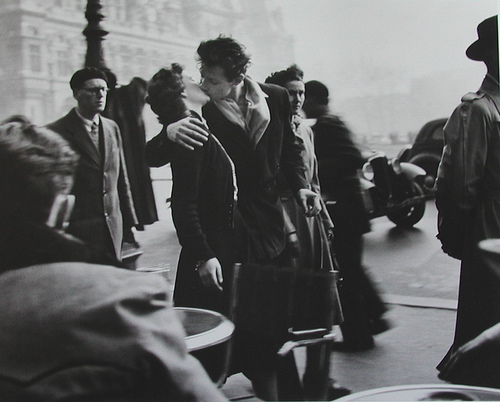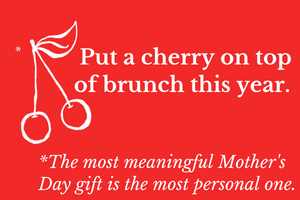First, let’s talk about what love is not: love is not commitment.
It is not exclusive. Love is never painful, it never hurts. Love is not something you give to one person to declare that you are in a relationship with them. It is not a four-letter word to be afraid of, to run from. It is not what it has been made out to be.
Somewhere along the lines, love got bundled in with a few other words. It was stripped of its natural definition and packed together with expectations, definitions, hopes, dreams and most importantly: disappointment.
By definition:
Love: n, an intense feeling of deep affection.
Love in the modern age is defined along the lines of: Partner/Spouse that devotes attention/time/commitment/ monogamy to the other. It now comes with its own little package of expectations that are not supposed to be there.
A friend recently asked about my relationship with someone I had been dating for a few months. Among other questions, she asked, “Have you said the L-word yet?” My answer is irrelevant. What is relevant is the way she casually categorized one of the most wonderful words in the English language with a group of taboo words. You know, like the F-bomb; Is love really so unspeakable? If so, it is due to our own confounding of love with romantic commitment.
It is safe to say that it is sort of a big deal when the words “I love you” are first uttered between two romantically involved people. It is typically a milestone moment in the relationship, whether the first indicator of deeper commitment or an anxiety-inducing warning sign that strikes fear into one of the involved hearts. Love in this context can become weighed down in expectations. So weighed down that its true meaning is lost. Because where there are expectations, there is inevitably disappointment.
So, if love is not commitment; and it is not full of expectations—what is it?
Love is willingness to make sacrifices for the benefit of someone else while expecting nothing in return. There are no strings attached.
This redefinition could perhaps help us rescue love from the realm of the taboo where it is so often equated with pain or fear. This understanding of love fits all situations, romantic or not. Sometimes the sacrifices are big, extreme even. In other cases, they are so subtle as to defy notice.
The most obvious example is a mother’s love for her child. Mothers make extreme and prolonged sacrifices in the name of love: wear and tear on their bodies to bring a child into the world, sleep, careers, other important relationships, self-identity, and more…all for the benefit of their child’s well-being, and all while generally expecting nothing in return.
Love is in kind gestures, regardless of what they are—choosing to do something for someone else and sacrificing the time that would otherwise been spent on yourself.
Love is in honesty, which is its own form of sacrifice when we choose to admit guilt, acknowledge our shortcomings, face possible judgment, or tell people hard truths that they do not want to hear that will ultimately benefit them.
Love is selfless. It is compromised of actions that do not benefit you in any way outside of your own heart and your own feelings. It is something that you can offer to and share with any meaningful person in your life without feeling like you are cheating another. Love is not measurable. There is no limit to the amount you can love.
In order for a romantic relationship to embrace love in a healthy way, it would be to realize that love is a choice. Is is free. The person is selflessly giving that to you without any expectation of it to be returned. There is no way to declare that your love for someone will never end or alter. There is a difference between love and commitment. A commitment could declare that no matter what the circumstances, you will choose to be a partner to another even if feelings and situations change from their current state. Commitment and love must co-exist in a relationship. It is then when you choose what commitments you agree to make for one another—marriage, monogamy, exclusive partnership and other things that are not direct forms of love. Even though they might co-exist, love and commitment are two separate and distinct concepts.
Why does it matter? It matters because we have unwittingly made love into a dirty word. A word that frightens people. A word that comes with expectations that are unworthy of the real concept of love.
There is a lot of freedom in feeling empowered to love. Love is a beautiful emotion full of beautiful things and it is at the root of all being. Love should never make you feel trapped or restrained—it should make you feel free, and blissful.
Empower yourself to love freely by letting go of all the things that love is “supposed to” mean.
(…And even though love has four letters, let’s stop making it into a four-letter word.)
Relephant Read:
The Meaning of True Love (from a Buddhist’s Perspective).
Author: Scott Hogan & Robin Slawnyk
Editor: Catherine Monkman
Photo: Culture Culte/Flickr







Read 0 comments and reply